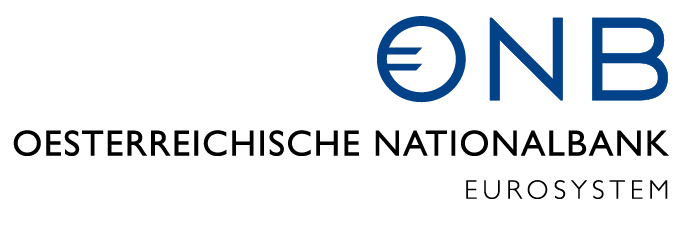

Oesterreichische Nationalbank
Otto-Wagner-Platz 3, 1090 Vienna
& online via Webex



This conference, jointly organized by the OeNB, SUERF, JVI, and the Yale Program on Financial Stability, takes stock of key risks to financial stability and focuses on increasing the resilience of the financial system as well as on successful and less successful financial crisis intervention strategies. Topics include (i) how to bolster financial sector resilience and address vulnerabilities, (ii) how to contain financial stress and bank runs in a world of digital banking and social media, (iii) how to manage trade-offs involved in crisis interventions and (iv) how to best address a crisis-related surge in distressed assets. The conference brings together speakers with extensive experience in policy making, crisis management or policy-oriented research in the respective areas.
Scientific coordination: Maximilian Fandl, JVI I Ernest Gnan, SUERF I Markus Schwaiger, OeNB I Christian McNamara, Yale School of Management
This session looks at current risks to financial stability in Europe, also from a global perspective. After ten years of a new micro- and macroprudential supervisory landscape in Europe, it critically reviews whether risks are adequately captured by regulatory and supervisory measures and whether employed instruments are commensurate.
This session discusses the implications of flighty bank deposits in the digital age for containing confidence shocks and bank runs. Which lessons can be drawn from experiences in recent financial stress episodes? Is there a case for tightening bank liquidity regulation or collateral requirements? What are the trade-offs involved in policy measures that are aimed at reducing deposit flight risk, such as extending deposit guarantee coverage?
Navigating Through Financial Turbulences with Preparedness, Competence, and Confidence
Tobias Adrian, Financial Counsellor and Director, International Monetary Fund (online)This session will focus on the balance sheet approach to crisis intervention. What effect do various crisis management tools have on a bank’s balance sheet? More specifically, the session will critically assess the use of capital injections and guarantees during financial crisis episodes.
A balance sheet perspective to crisis intervention: capital injections and guarantees
June Rhee, Director, Yale Program on Financial Stability presentationThis session draws key lessons from past crisis-related non-performing loan (NPL) reductions which policymakers should be aware of to swiftly and effectively address a rise in under- and non-performing loans in future crisis episodes. The panel will, among others, critically assess the use of deferral strategies, public guarantee schemes and centralized solutions in resolving a crisis-related surge in distressed assets.
Dealing with NLPs in Times of Crisis
Alexandra Habeler-Drabek, Chief Risk Officer, Erste Group Bank presentationState-sponsored AMCs in Banking Crises
Miguel A. Otero, Senior Financial Sector Expert, International Monetary Fund presentation